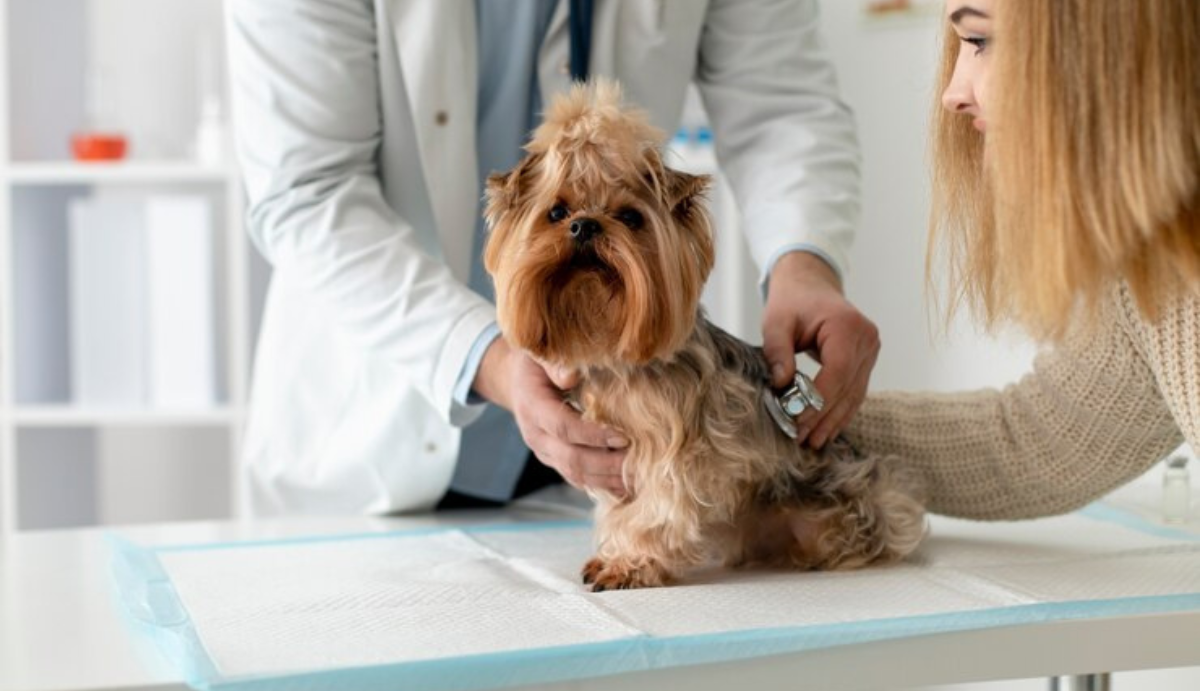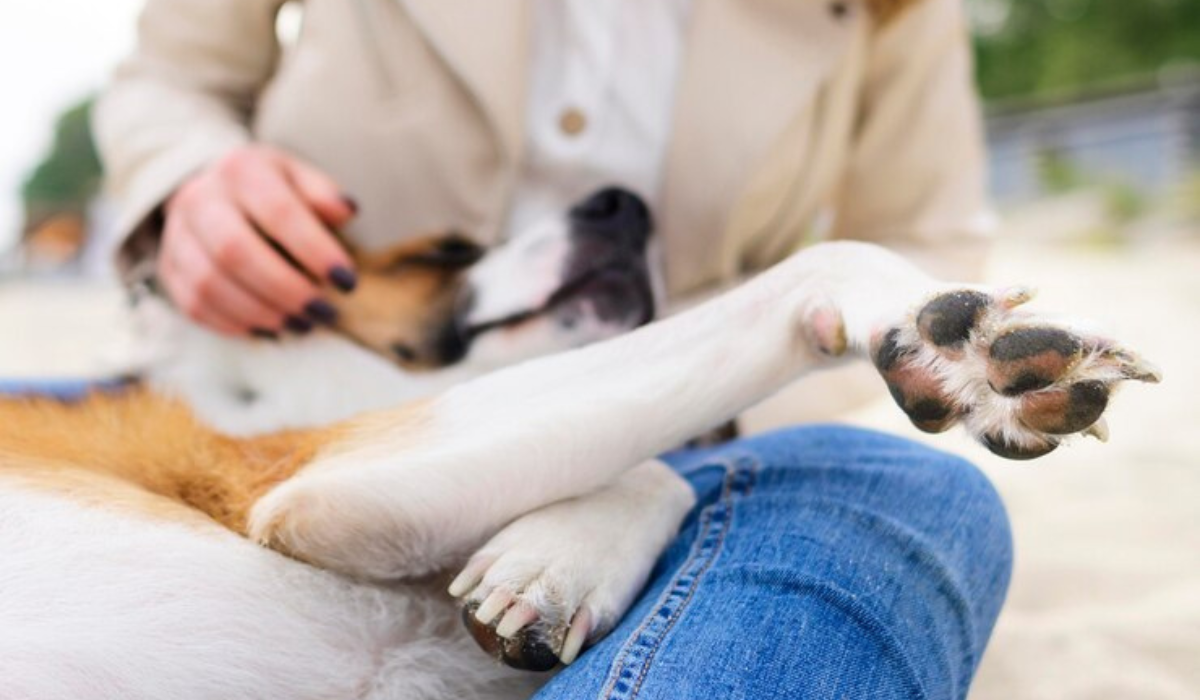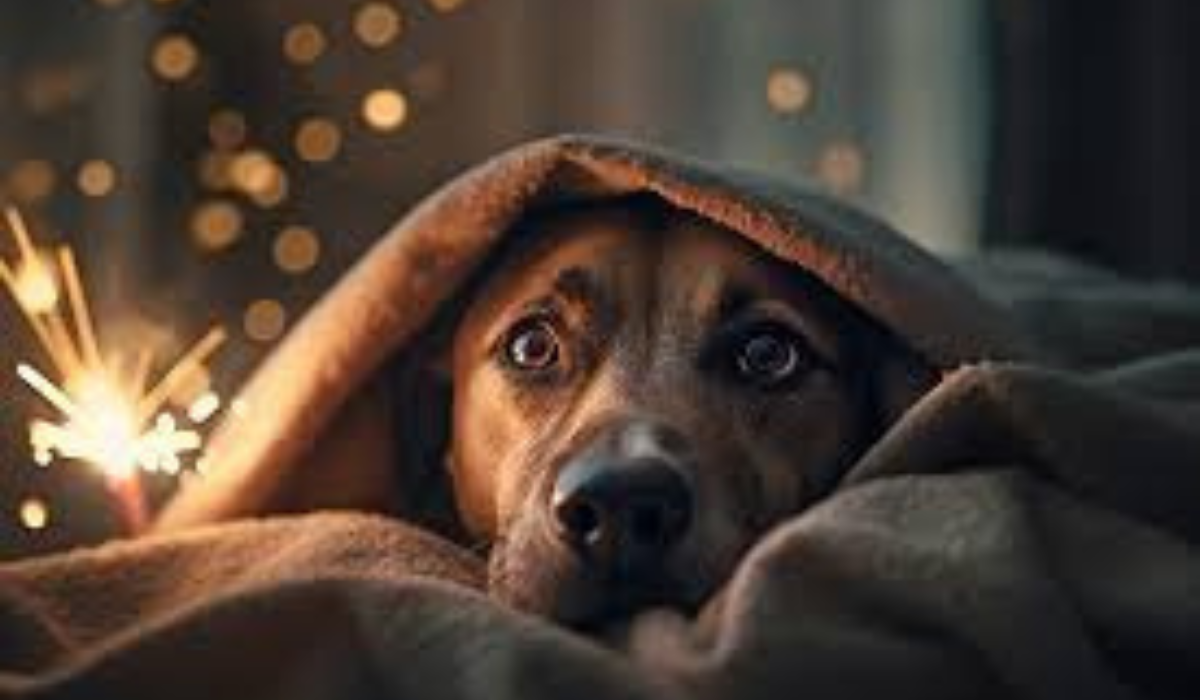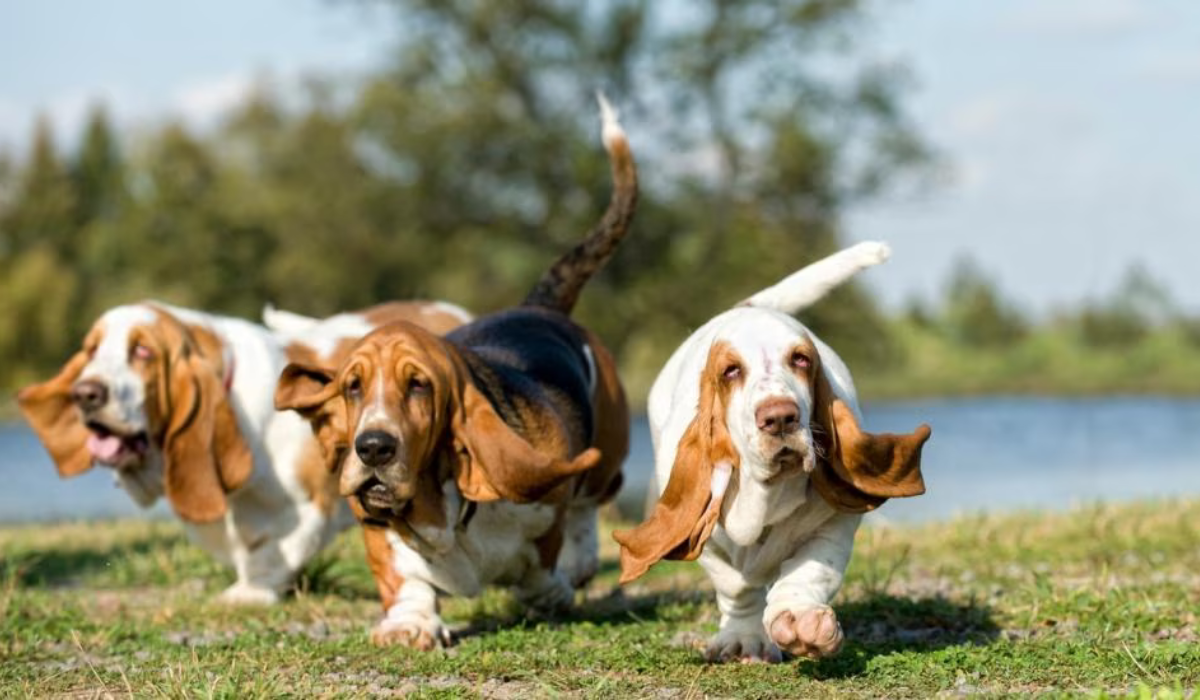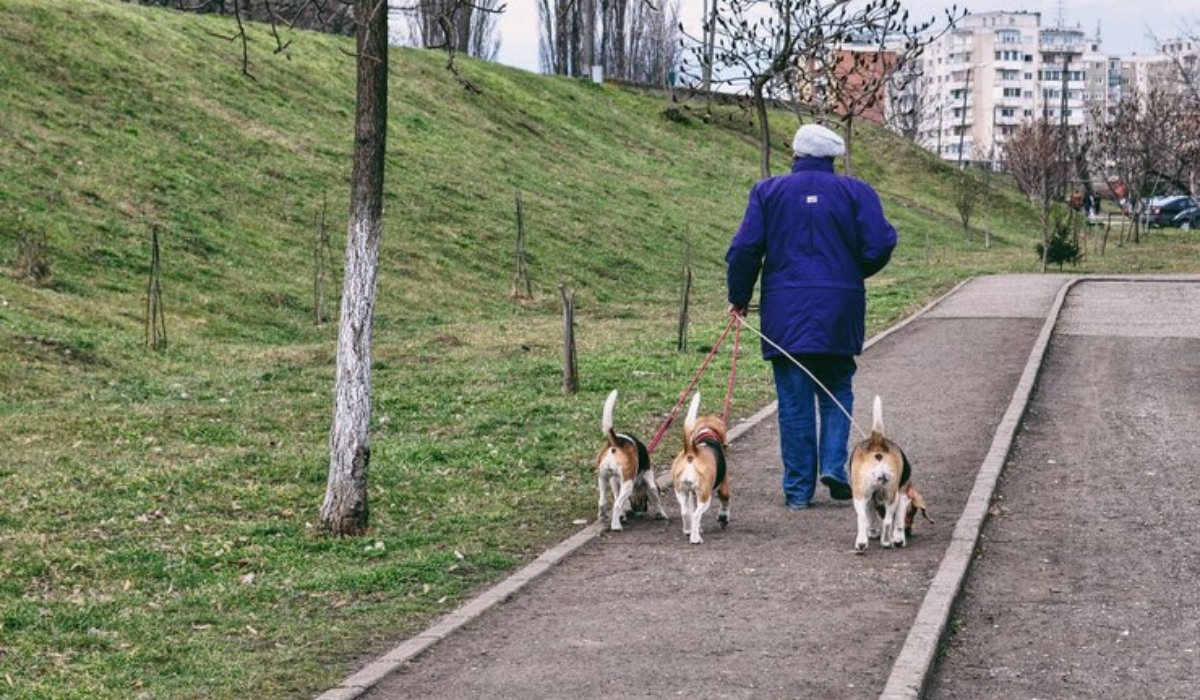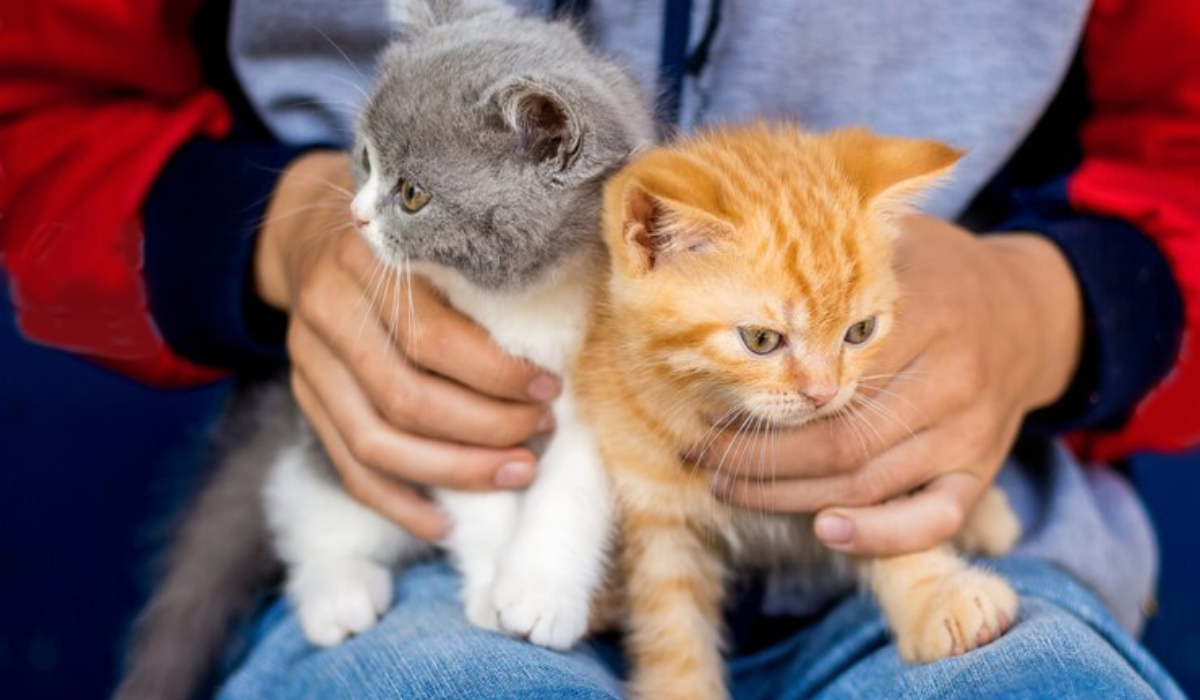During the summer, vibrant celebrations are often accompanied by fireworks displays. Despite their delight, these spectacles can cause significant distress in our dogs. There is a common concern among dog owners regarding fireworks anxiety, with the Fourth of July being a time when more dogs run away from fireworks due to their startling nature. Pet owners face ongoing challenges as a result of frequent fireworks displays throughout the summer. To ensure the well-being of our furry friends, we must address this anxiety.
Anxiety about fireworks in dogs: A common problem
With their sudden bursts of noise and light, fireworks often cause fear and anxiety in dogs. In addition to trembling, panting, pacing, hiding, and trying to escape, anxiety can manifest in a variety of behaviors. In some dogs, fireworks anxiety can cause destructive behavior or self-injury. In order to keep our pets safe and secure during summer celebrations, we must recognize and address this anxiety.
Practical Steps for Addressing Fireworks Anxiety
Feedings and walks at an early age:
To avoid anxiety-provoking situations during fireworks displays, schedule your dog’s meals and walks earlier in the day.
Creating a safe environment:
Create a safe and comfortable area within your home where your dog can retreat during fireworks, away from windows and bright lights.
Utilization of white noise:
To calm your dog and drown out fireworks sounds, use white noise, such as fans, televisions, or classical music.
Providing comfort:
Assure your dog in a calm manner, alleviating anxiety and providing security.
Microchipping and preparedness as preventive measures
The microchipping process:
Make sure your dog is microchipped in case he escapes during fireworks. Make sure the microchip registration is accurate by keeping it up-to-date.
Fireworks Anxiety: Don’ts
Taking a non-forceful approach:
Force your dog to face their fears can intensify their anxiety and cause further distress.
Discipline and reprimand are not permitted:
Never punish or reprimand your dog for acting anxious during fireworks. They will only become more anxious and fearful if they are punished.
Shelter indoors:
A fireworks display can heighten your dog’s anxiety and increase their risk of escaping, so don’t leave your dog outside during the display.
Self-medication should be avoided:
You should not give your dog anti-anxiety medications without the guidance of a veterinarian. Veterinarians should only prescribe and administer medications.
The importance of consulting a veterinarian
Consult a professional:
Consult a veterinarian for guidance and support if your dog persists in showing fireworks anxiety. If your dog is anxious about fireworks, your vet may recommend behavioral solutions, prescribe anti-anxiety medications, or recommend suitable treatments.
Noise Aversion in Dogs: An Understanding
The prevalence of noise aversion is as follows:
A third of dogs suffer from noise aversion, a severe fear and anxiety response to loud noises, including fireworks. Those with noise aversion need to seek medical attention and treatment.
There are several signs that dogs are averse to noise:
Knowing when a child paces, licks his lips, becomes trembling, pants, hides, or is excessively alert. Animals may refuse to eat, vocalize (whine or bark), or become excessively clingy due to behavioral changes.
Dogs’ noise aversion:
In humans, noise aversion induces fear and anxiety similar to a panic attack. The destructive behavior of dogs may lead to self-injury or damage to the environment. Leaving noise aversion untreated can lead to other anxieties becoming worse, creating a vicious cycle.
Noise aversion can be diagnosed in the following ways:
A veterinarian should be consulted if signs and behaviors indicate noise aversion. For confirmation, use a noise aversion checklist to identify symptoms.
The treatment approaches are as follows:
A comprehensive treatment plan may include medication, behavior modification, and environmental modifications.
Immediate Relief Medication:
For immediate relief, prescribed medications can be administered before or during fireworks.
Techniques for modifying behavior:
Reducing fear of fireworks through counterconditioning and systematic desensitization. For effective behavior modification, consult a board-certified veterinary behaviorist or certified dog trainer.
Tips for modifying the environment:
Creating a safe zone with a crate, blankets, food, water, and toys in an interior room away from windows. White noise, fans, or music can be used to muffle fireworks sounds and prevent visual stimuli.
In order to ensure the well-being of their dogs during fireworks and similar events, owners should recognize noise aversion symptoms, seek professional diagnosis, and implement an individualized treatment plan.
Dogs’ Anxiety About Fireworks:
The sudden, loud, and bright nature of fireworks can be terrifying for dogs. It is natural for dogs to be afraid of loud noises that are unexpected and erratic because of their survival instincts.
Firework anxiety can be eased by following these preventive measures:
-
Consider alternative arrangements for your dog, such as dog daycare or pet sitting.
-
Your dog can seek refuge in a crate or under a bed inside your home.
-
Light flashes should be minimized by closing the windows, blinds, and curtains.
Keeping your dog calm during fireworks:
-
If your dog is anxious, reassure them with a calm, soothing voice and gentle petting.
-
It is best not to get mad at your dog or force them to confront their fears, as this can exacerbate their experience.
-
Keeping your composure will reassure the dog, as dogs can pick up on human emotions.
A list of anti-anxiety tools and medications can be found here:
-
Anti-anxiety tools, such as Thundershirts, soothing pheromones, supplements, and medications, can be provided by your veterinarian or trainer.
-
During fireworks, explore options for managing your dog’s anxiety.
Care and preparation:
-
Make sure your dog is well-fed and hydrated before fireworks start, since anxiety may affect their appetite.
-
Exercise your dog vigorously before the festivities to promote calmness.
-
When the fireworks are going off, give your dog a special treat or long-lasting chew to keep his mind occupied.
Training in desensitization:
-
Firework sounds can be gradually desensitized through training.
-
If you want to desensitize effectively without adding to your stress, seek out the assistance of a professional trainer.
How to Make Firework Season Fun for Your Dog:
-
You should think about your dog’s happiness and safety during the festivities.
-
Your dog will appreciate your thoughtful approach to the celebrations if you take proactive measures to ease anxiety.
Pet owners can help their dogs navigate the firework season with reduced stress and anxiety by implementing these strategies.

